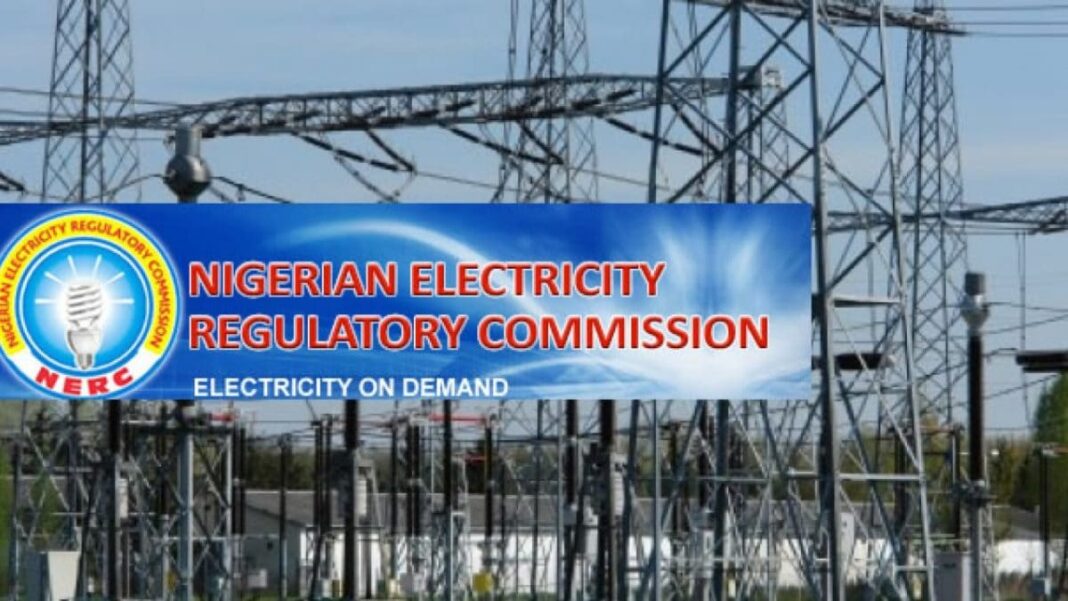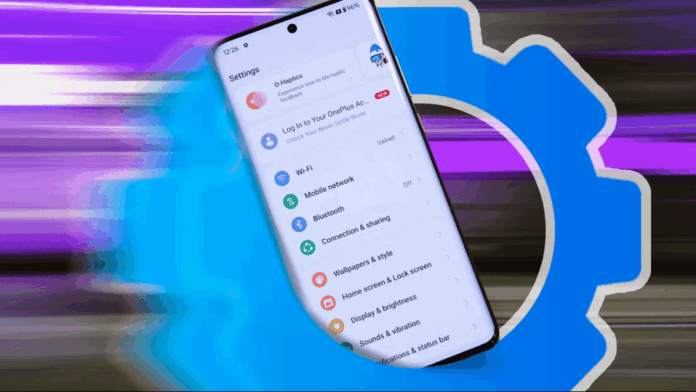Estimated reading time: 3 minutes
In a move aimed at tackling persistent blackouts across the country, the Nigerian Electricity Regulatory Commission (NERC) has announced a series of tough sanctions for Distribution Companies (DisCos). These sanctions target DisCos that fail to meet performance targets, a move many hope will improve electricity supply.

The new measures, outlined in the Commission’s Order on Performance Monitoring Framework, focus on penalizing DisCos for inadequate electricity distribution.
According to the order, DisCos would now be assessed on seven key performance indicators -energy off-take relative to partial contracted capacity; revenue recovery rate; compliance with reporting of a uniform system of accounts; compliance with API feeder streaming; compliance with the order on capping of estimated bills; compliance with the implementation of forum decisions; and compliance with service standards for the resolution of complaints received through the NERC contact centre and NERC headquarters.
“If the energy overbilled is greater than 20 per cent of the allowed cap or the number of customers overbilled represent is greater than 20 per cent of unmetered customer base, the Commission may take other enforcement actions including the withdrawal of the KYL of the Head of Billing or the officer responsible for the billing function in the utility.
“For non-compliance to the resolution of complaints through the NERC contact centre or headquarters after the expiration of timelines in the CPR, the DisCo would be made to pay fines within the first month -billing: N10,000 per day; disconnection: N2,000/day; interruption: N2,000/day; metering: N1,000/day; delay in connection: N1,000/day; Voltage: N1,000/day.
“After two months of noncompliance to the consumer complaints resolutions, the order stated that “The commission may take other enforcement actions including the withdrawal of the KYL of the head of customer service or the officer responsible for resolving customer complaints in the utility.”
Key aspects include:
- Financial Penalties: DisCos failing to offtake at least 95% of their allocated energy will face a 5% reduction in their administrative and operational expenses. This directly impacts their profitability, incentivizing them to distribute more power.
- Fines for Complaint Neglect: DisCos that fail to address customer complaints lodged through NERC channels within set timeframes will be fined. Daily fines vary depending on the complaint type, ranging from metering delays to billing issues and power interruptions.
The announcement comes after widespread frustration with blackouts experienced in many parts of Nigeria. While power generation capacity exists, distribution issues often prevent it from reaching consumers. NERC hopes these sanctions will pressure DisCos to invest in infrastructure upgrades and improve service delivery.
However, questions remain about the long-term effectiveness of these measures. Some critics argue that financial penalties alone may not be enough to force significant changes within the DisCos. Additionally, concerns exist regarding the potential impact on consumer electricity bills.
The Nigerian Electricity Consumers Forum (NECOF) has urged NERC to ensure that any cost increases incurred by DisCos due to sanctions are not passed on to consumers through higher tariffs.
Only time will tell if NERC’s new sanctions will be successful in reducing blackouts. The coming months will be crucial in observing how DisCos respond to these penalties and whether a noticeable improvement in electricity supply is achieved.
Tags: NERC, DisCos, Blackouts, Nigeria, Power, Electricity, Nigerian Electricity Regulatory Commission, Monitoring Framework, Bola Tinubu, Tariff







